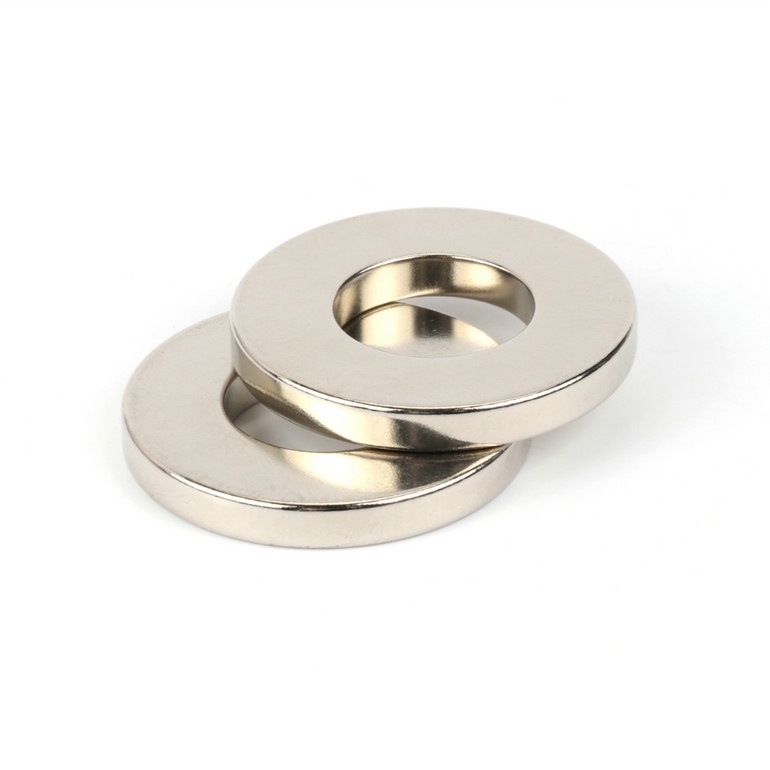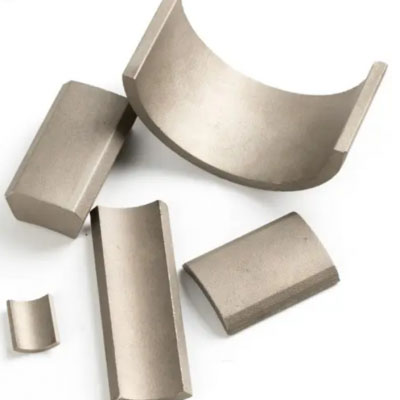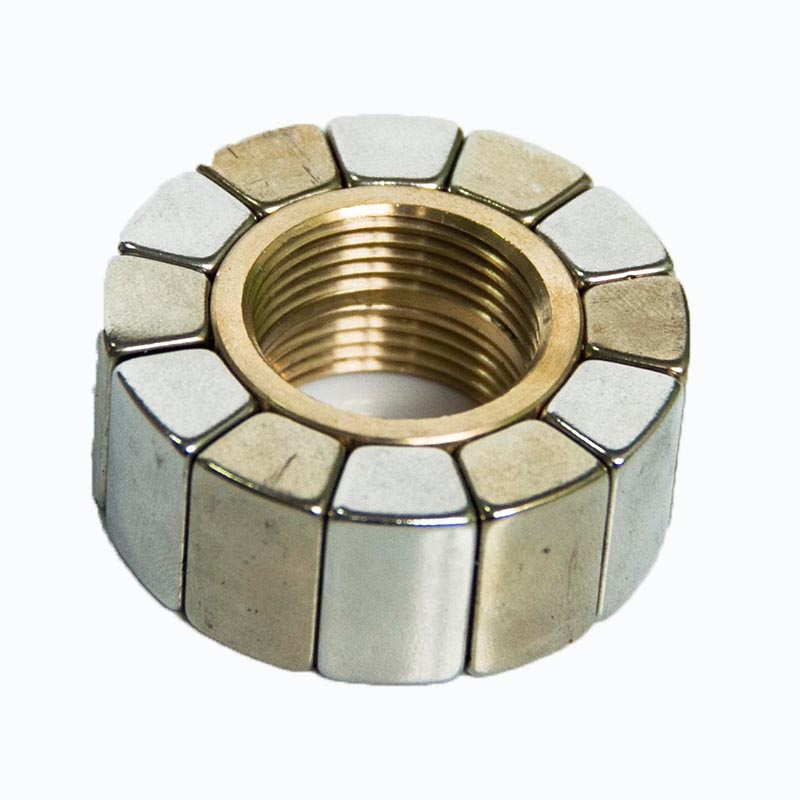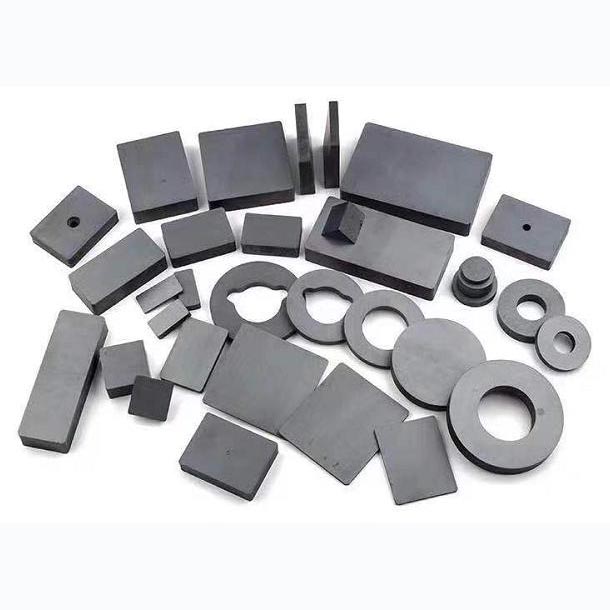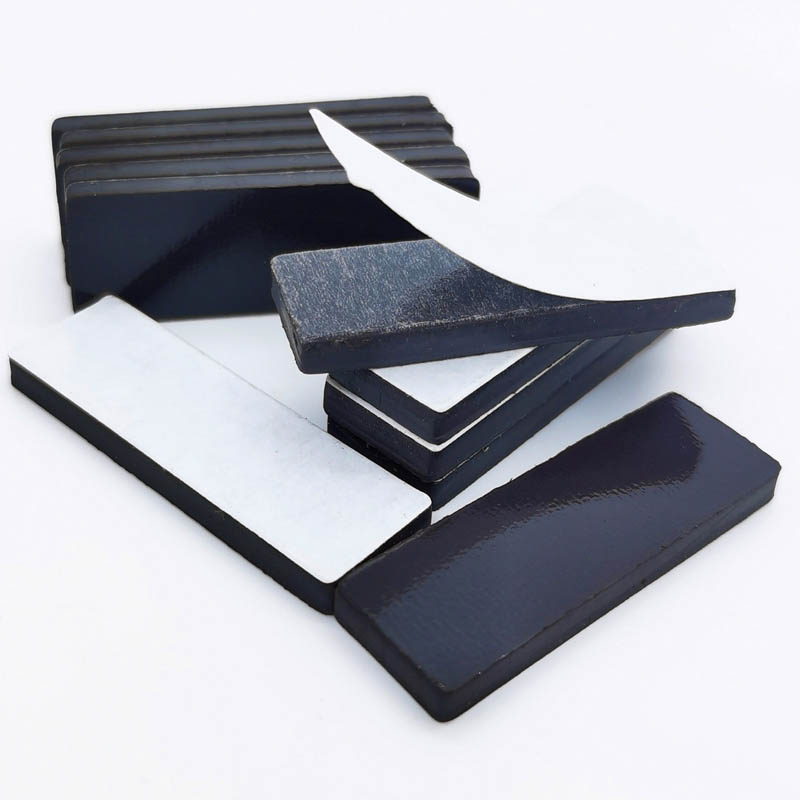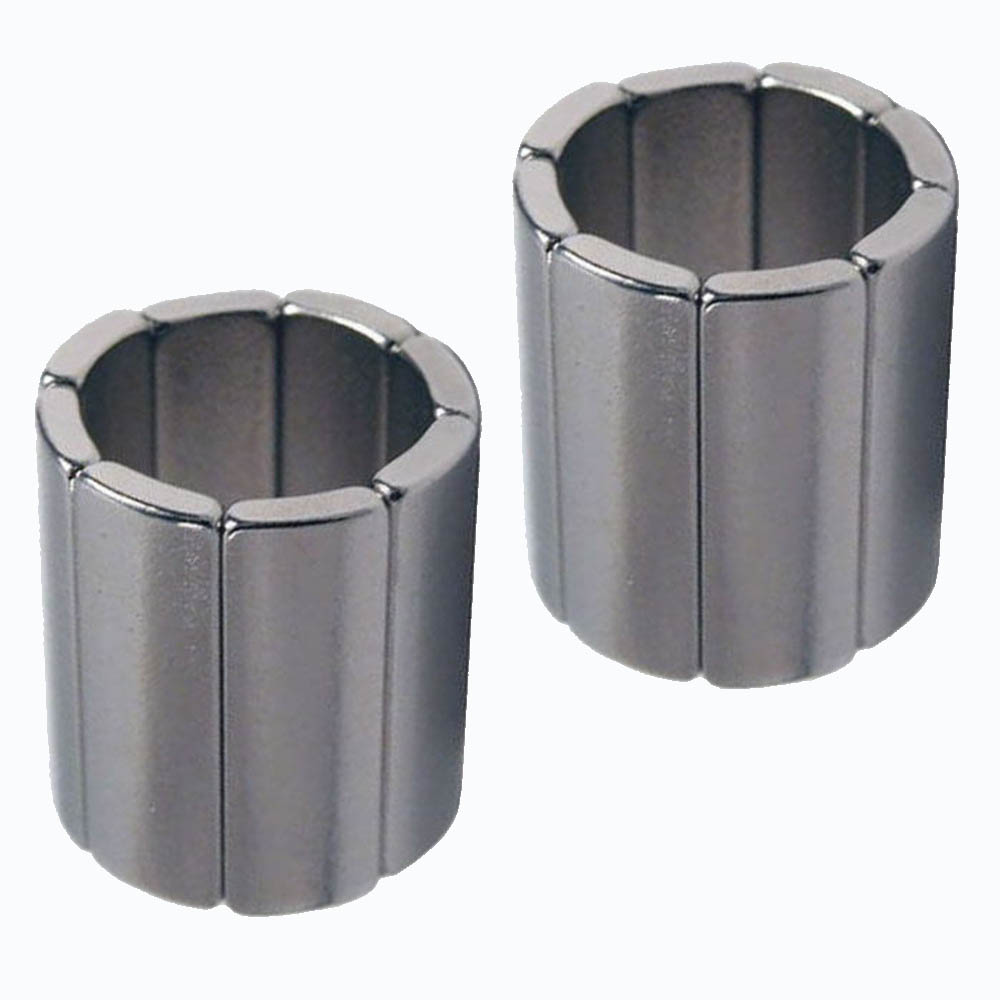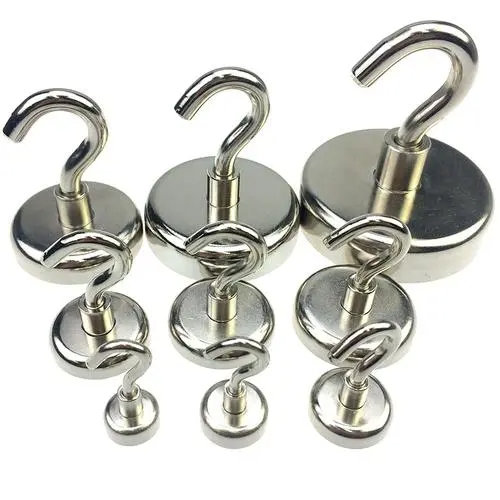When sourcing Super Strong Neodymium Disc Magnets for industrial or commercial use, buyers need to consider more than just the price tag. These compact yet powerful magnets are essential components in a wide range of applications, from electronics and motors to packaging and mechanical fixtures. Choosing the right specifications and working with a reliable supplier are critical to achieving long-term performance and cost efficiency.
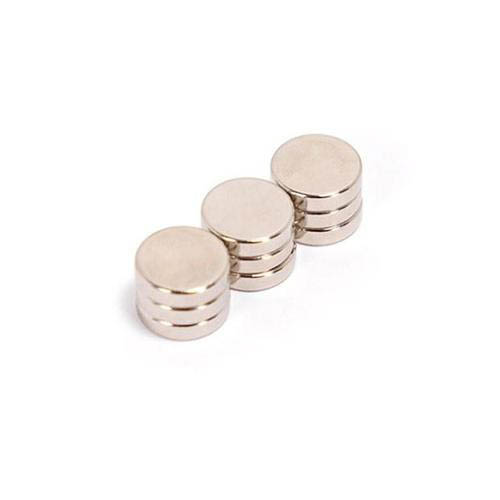
Here are the top five key factors that professional buyers should evaluate when purchasing neodymium disc magnets in bulk.
1. Magnet Grade and Magnetic Strength
Neodymium Magnets are classified by grade, such as N35, N42, and N52. The number indicates the magnet’s maximum energy product (measured in MGOe), which determines its strength. Higher-grade magnets offer stronger magnetic force.
N35 to N38 grades are suited for general applications where moderate strength is acceptable. N42 to N48 are widely used in electronics, machinery, and holding systems. For projects requiring the highest strength in the smallest size, N50 or N52 are often selected.
Selecting the appropriate grade ensures the magnet performs as intended without incurring unnecessary material costs. Over-specifying can raise expenses, while under-specifying can compromise the product’s effectiveness.
2. Dimensions and Tolerances
The dimensions of neodymium disc magnets directly affect how they integrate into your product. Common sizes range from 3mm to 50mm in diameter, with thickness depending on the required magnetic force and space constraints. Even small dimensional variances can lead to functional issues in automated assembly lines or precision-fit components.
Standard manufacturing tolerances are typically ±0.05mm to ±0.1mm. For high-precision applications, custom tolerances may be required. A quality neodymium magnet supplier in China should be able to provide detailed drawings and machining accuracy to meet your specific needs.
3. Coating and Environmental Resistance
Neodymium magnets are highly susceptible to corrosion, especially in humid or chemically active environments. That’s why all industrial neodymium magnets are coated for protection. The most common surface treatments include:
Nickel-Copper-Nickel (Ni-Cu-Ni): The standard coating with good wear and corrosion resistance
Epoxy: Offers strong chemical and moisture resistance for outdoor or marine environments
Zinc, Gold, or PTFE: Used for special conditions or aesthetic requirements
Choosing the right coating depends on where and how the magnets will be used. For high-moisture areas or exposed conditions, epoxy or advanced anti-corrosion coatings are strongly recommended.
4. Pull Force and Application Requirements
Pull force refers to the amount of force needed to detach a magnet from a flat steel surface. This is one of the most important specifications when selecting super strong neodymium disc magnets.
Pull force depends on several variables: magnet size, grade, surface contact, and the presence of air gaps. In holding or lifting applications, a higher pull force is necessary. For applications like sensors or enclosures, a lower but stable force may be more suitable.
Understanding your application’s magnetic force requirement helps avoid underperformance or overengineering. A trustworthy supplier will provide pull force data or testing services to match your project’s technical demands.
5. Supplier Experience and Customization Capability
Partnering with a qualified and responsive neodymium magnet supplier in China can significantly streamline your procurement process. Key attributes to look for include:
Experience with industrial applications
Capability to provide custom neodymium disc magnets with special sizes, coatings, or magnetization directions
Compliance with ISO quality standards
Support with documentation for international shipping
Fast production turnaround and reliable lead times
Choosing the right supplier goes beyond cost. A supplier who understands technical requirements and provides engineering support can help you reduce risk, shorten development time, and optimize supply chain efficiency.
Conclusion
Sourcing Super Strong Neodymium Disc Magnets involves a combination of technical knowledge, application awareness, and supplier reliability. Buyers should carefully assess magnet grade, dimensions, coating type, pull force requirements, and the capabilities of their chosen manufacturer.
If you are in need of bulk neodymium magnets or custom neodymium disc magnets, it’s crucial to work with a supplier that not only meets your technical needs but also provides responsive service and consistent quality.
We specialize in manufacturing and exporting custom neodymium disc magnets for global buyers. Whether your project requires high-performance magnets, specialized coatings, or tight tolerances, our team is ready to support your business with competitive pricing and dependable delivery.
Contact us today to request a quote or technical datasheet.




 English
English


